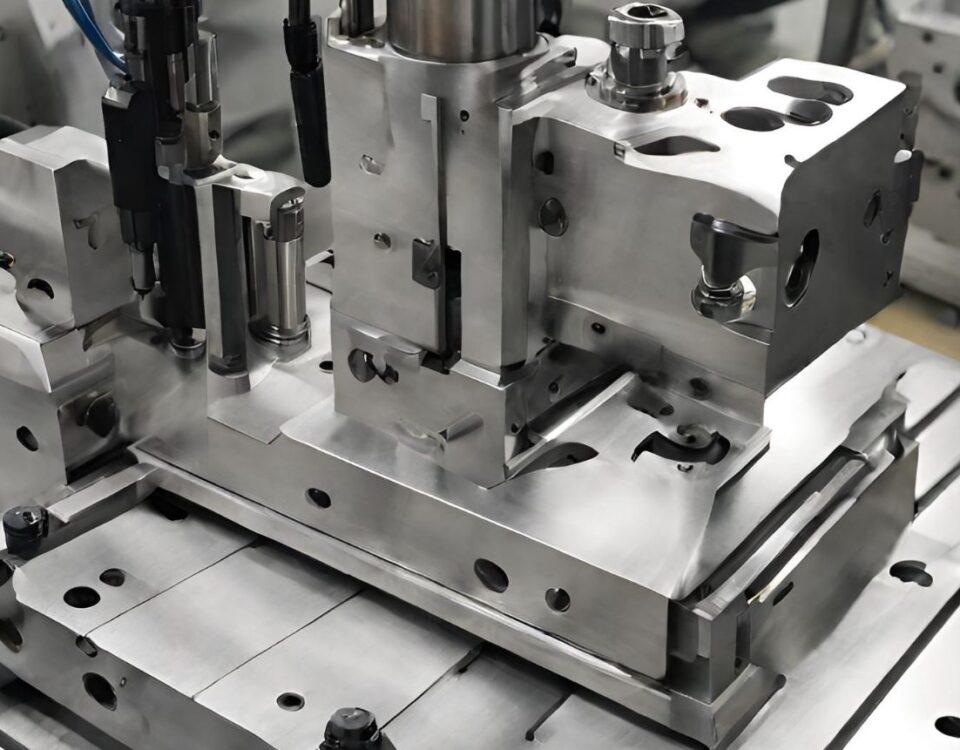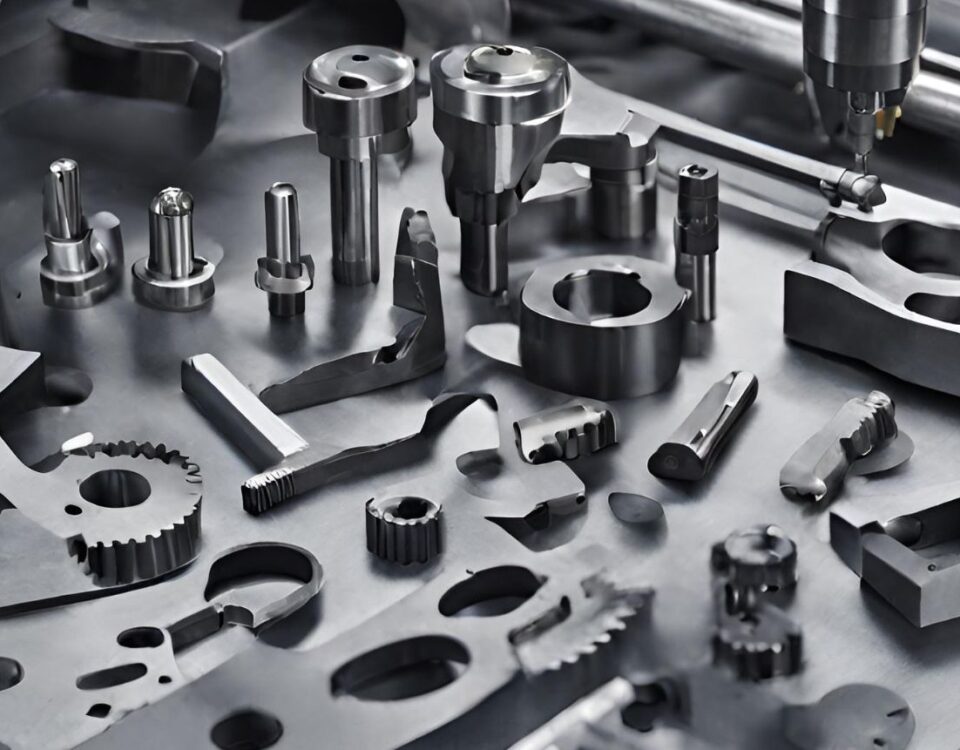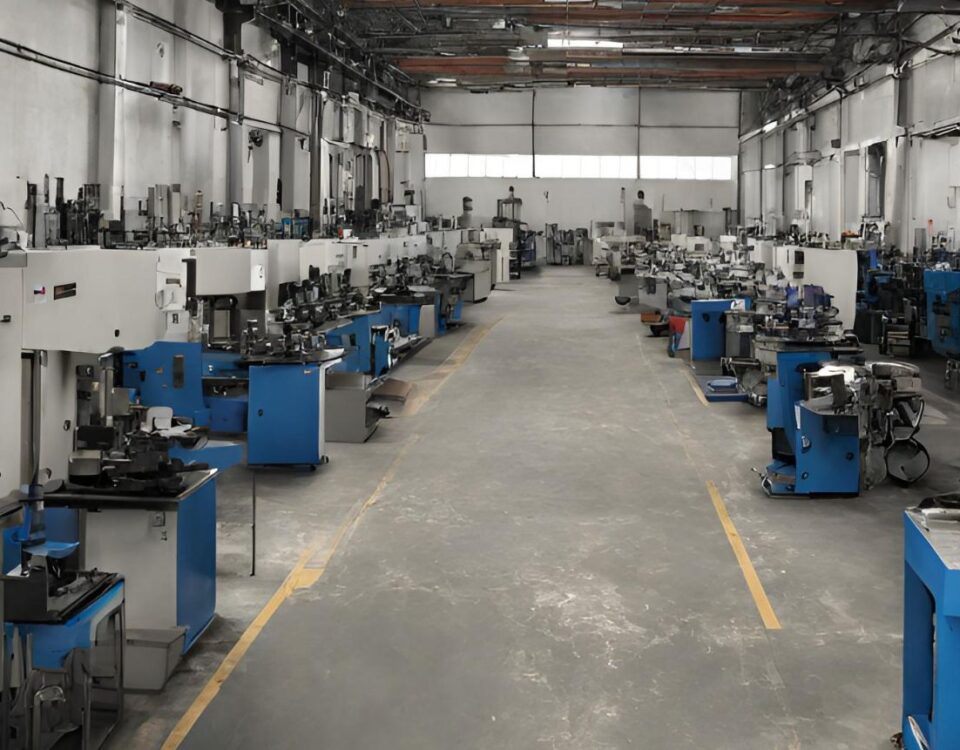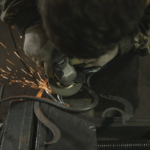
Advantages Of CNC Cutting Machines
4 January 2024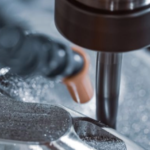
What is the Purpose of a CNC mill service?
9 January 2024Aluminum is a reasonably simple material to work with. If you know the three factors that determine the metal's machinability, this work can also be relatively easy to excel at.
Aluminium's machinability is influenced by three primary factors:
1. Alloy Composition: The specific alloy composition of the aluminum significantly impacts its machinability. Different alloys exhibit varying levels of machinability due to their unique properties.
2. Heat Treatment: The heat treatment of aluminum alloys can affect their machinability. Alloys with different heat treatment conditions may exhibit distinct machinability characteristics.
3. Cutting Parameters: Machining parameters such as cutting speed, feed rate, and depth of cut play a crucial role in determining the machinability of aluminum. Proper selection and adjustment of these parameters are essential for efficient machining of aluminum.
Chipping Properties in Machinability Ratings for Aluminium
Aluminium's machinability is influenced by various factors, including its chipping characteristics. When machining aluminium, its low thermal conductivity can lead to built-up edges and chip welding, affecting the surface finish and tool life. Proper chip control is crucial. To enhance machinability, consider using sharp tools, high cutting speeds, and adequate coolant to manage chip formation and evacuation effectively. Additionally, optimizing tool geometry and utilizing suitable cutting parameters can further improve aluminium's machinability.
Shorter Chips Made of Stronger, Harder Aluminum Alloys
Shorter chips are often produced when machining stronger, harder aluminum alloys. This is due to the increased strength and hardness of the material, which leads to reduced ductility and the formation of shorter, more fragmented chips during the machining process. To effectively machine stronger aluminum alloys, it's essential to use appropriate cutting tools, speeds, and feeds to manage chip formation and maintain machining efficiency.
Conclusion
The machinability of aluminum is influenced by various factors, including its composition, microstructure, and mechanical properties. When machining aluminum, considerations such as chip formation, tool wear, and surface finish are essential. Proper tool selection, cutting parameters, and coolant usage are crucial in optimizing the machinability of aluminum. Additionally, the use of advanced tool coatings and technologies can further enhance the efficiency and quality of aluminum cnc machining service.


